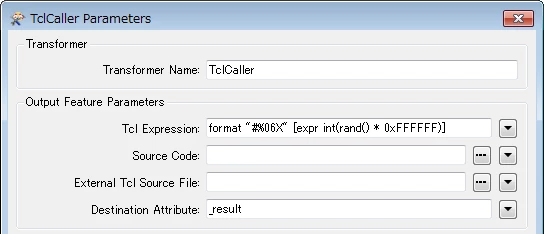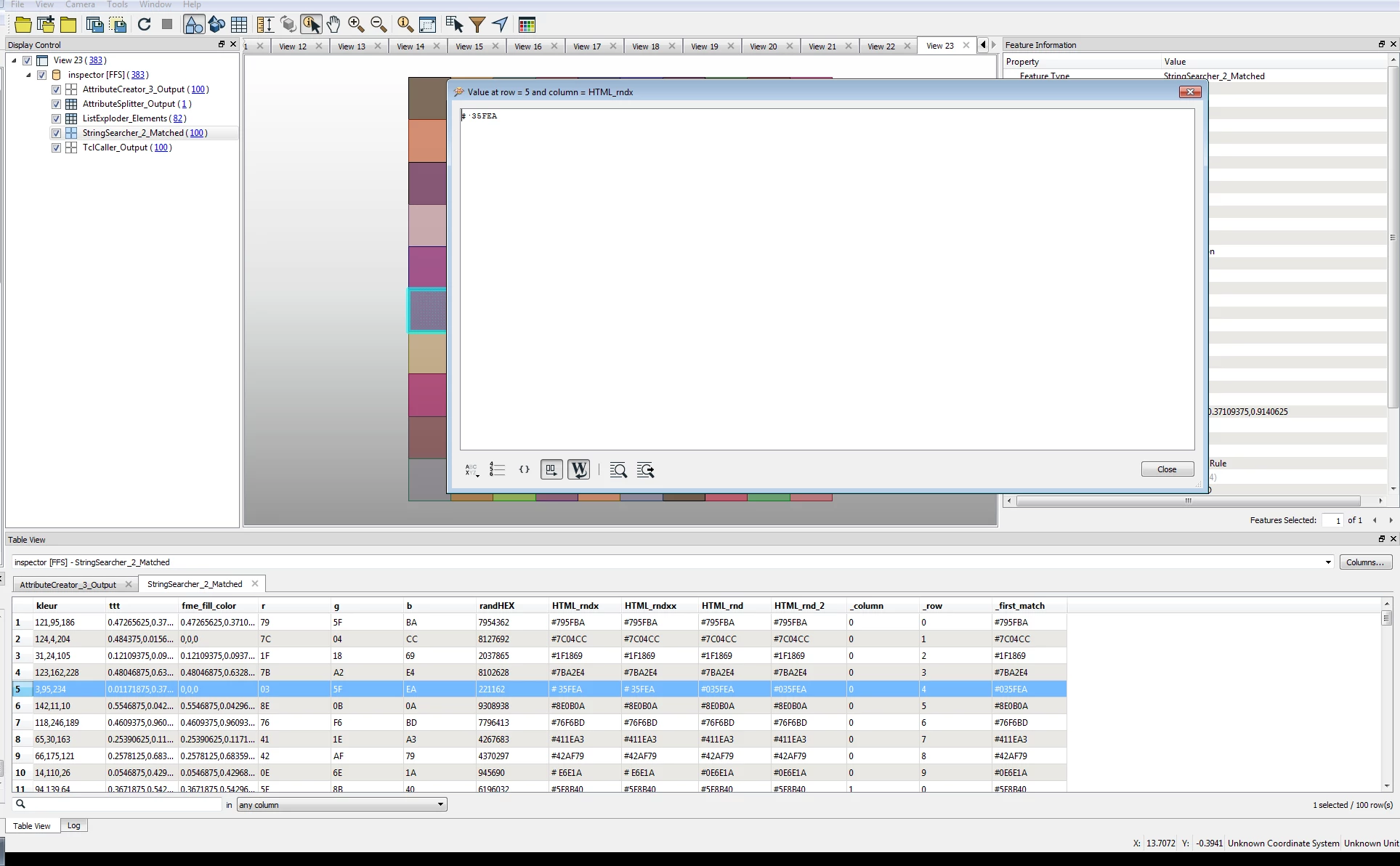Hi all.
How do I get the leading zero using this in a attribute creator?
[format "#%06X" [expr {int(rand() * 0xFFFFFF)}]]
(a random uppercase hex creator to create random hex colors in range )
I get this "# D7A01" when it occurs. The location for the "0" is now a space.
btw. Stringreplace is of no use, the value can then not be parsed anymore. (I tried of course.)







